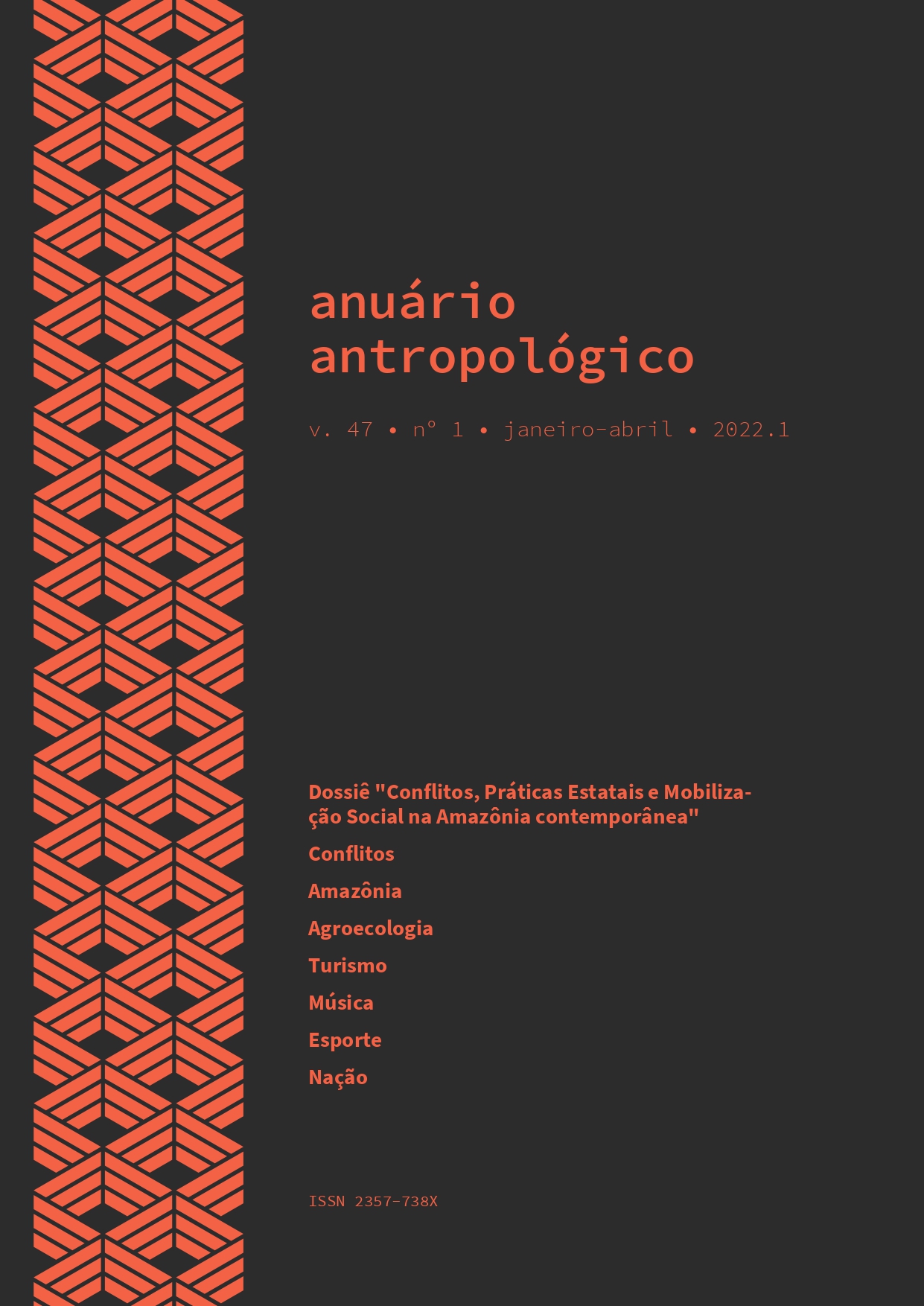Outlining Agents and Policies of Value in the Touristic Economy of the Sacred Valley of Cusco
DOI:
https://doi.org/10.4000/aa.9511Keywords:
development, political economy, rural and community tourism, authenticityAbstract
In this article, I draw from ethnographic and theoretical notes in turn of describing aspects of the tourist market in the Sacred Valley of Cusco, Peru. Guided by Victoria, I address the region’s productive chain composed of multiple actors, power arrangements, and vigorous production of difference embedded in historical circumstances. I highlight the actions of Victoria in the community of Accha Alta, the presence of World Vision, and The Centro de Textiles Tradicionales del Cusco as they aggregate value in the processes of coordinating exchanges in the tourism market. In view of this network of touristic production in the Valley´s circuit, I raise the questions: are women like Victoria being exploited and victimized by scalability and an oppressive market? Are exogenous projects and cultural transactions under the imperatives of the market the villains of Peruvian and much of Latin American histories? Although there is no easy answer to such massive entanglements, I argue that couched in the methodological lens of tourism it is possible to glimpse the extensive and multifaceted commercial chain in the Valley marked by developmental discourses and transnational authorizations.
Downloads
References
Appadurai, Arjun. 1986. The social life of things: commodities in cultural perspective. Cambridge, UK: Cambridge University Press. DOI : 10.1017/CBO9780511819582
Babb, Florence E. 2010. The tourism encounter: fashioning Latin American nations and histories. Stanford, CA: Stanford California Press.
Baud, Michiel et al. 2006. “Introducción: el turismo como una estrategia para el desarrollo sostenible”. In Turismo y desarrollo sostenible en Perú y Bolivia, org. Annelou Ypeij, e Annelies Zoomers. Quito: Abya Yala.
Bruner, Edward. 2005. Culture on Tour: ethnographies of travel. Chicago: University of Chicago Press.
Casas, Amalia Cristina, Amparo Soler Domingo, e Vicente Jaime Pastor. 2012. “El turismo comunitario como instrumento de erradicación de la pobreza: potencialidades para su desarrollo en Cuzco (Perú)”. In Cuadernos de Turismo 30: 91–108.
Carreño, Guilhermo. 2010. “Conversiones religiosas y conflictos comunales. Las iglesias evangélicas y la creciente importancia del turismo em comunidades campesinas del Cusco”. In Perú: El problema agrario en debate. Seminario Permanente de Investigación Agraria – SEPIA XIII, 644–80, eds. Patricia Ames, y Víctor Caballero. Lima: SEPIA.
Comaroff, John; Comaroff, Jean. 2009. Ethnicity, Inc. Chicago: University of Chicago Press.
Escobar, Arturo. 1995. Encountering Development: the making and unmaking of the third world. New Jersey: Princeton University Press. DOI : 10.1515/9781400839926
Galán, Beatriz Pérez. 2012. “Retoricas de turismo y desarrollo en Los Andes: la red de turismo rural comunitario Pacha Paqareq, Perú”. In ¿El turismo es cosa de pobres? Patrimonio cultural, pueblos indígenas y nuevas formas de turismo em América Latina, eds. Raúl H. Asensio, y Beatriz Pérez Galán, 171–200. Lima: Pasos; Instituto de Estudios Peruanos.
Garcia, Pablo. 2018. En el nombre del turista: paisaje, patrimonio y cambio social em Chinchero. Lima: Institutos de Estudios Peruanos.
Gascón, Jordi, e Ernest Cañada. 2005. Viajar a todo tren: turismo, desarrollo y sostenibilidad. Barcelona: Icaria.
Gualli, G. Julian. 2005. “Visión Mundial en el ámbito del desarrollo local”. In Experiencias en gestión y desarrollo local. Quito: Ciudad, Centro de Investigaciones EED/EZE, Universidad Andina Simón Bolívar.
Fuller, Norma. 2009. Turismo y cultura: entre el entusiasmo y el recelo. Lima: Fondo Editorial de la Pontificia Universidad Católica del Perú.
Marcus, George. 1995. Ethnography in/of the world system: the emergence of multi-sited ethnography. Annual Review of Anthropology 24:.95–117. DOI : 10.1146/annurev.an.24.100195.000523
Mendoza, Ivan. 2015. Desarrollo rural y ONGs en el Perú (1980-2015): algunos puntos críticos y desafíos. Palestra para El Seminario Internacional sobre Desarrollo Rural en la Región Andina y Amazónica. Peru: Desco.
Povinelli, Elizabeth. 2001. Consuming geist: popontology and the spirit of capital in Indigenous Australia. In Millennial Capitalism and the Culture of Neoliberalism, ed. John Comaroff, and Jean Comaroff, 241–70. London: Duke University Press.
Smith, Valene, ed. 1989. Hosts and guests: the anthropology of tourism second edition. Philadelphia: University of Pennsylvania Press. DOI : 10.9783/9780812208016
Talal, Asad. 1973. Anthropology and the Colonial Encounter. London: Ithaca Press.
Tsing, Anna L. 2005. Friction: an ethnography of global connection. New Jersey: Princeton University Press. DOI : 10.1515/9781400830596
Urry, John. 2002. The tourist gaze, 2nd. ed. London: Sage.
van den Berghe, Pierre L. and Jorge Flores Ochoa. 2000. Tourism and nativistic ideology in Cuzco, Peru. Annals of Tourism Research 27(1): 7–26.
Downloads
Published
How to Cite
Issue
Section
License
Copyright (c) 2023 Anuário Antropológico

This work is licensed under a Creative Commons Attribution-NonCommercial-NoDerivatives 4.0 International License.
https://creativecommons.org/licenses/by/4.0/legalcode.en
Creative Commons - Atribución- 4.0 Internacional - CC BY 4.0
https://creativecommons.org/licenses/by/4.0/legalcode.en



